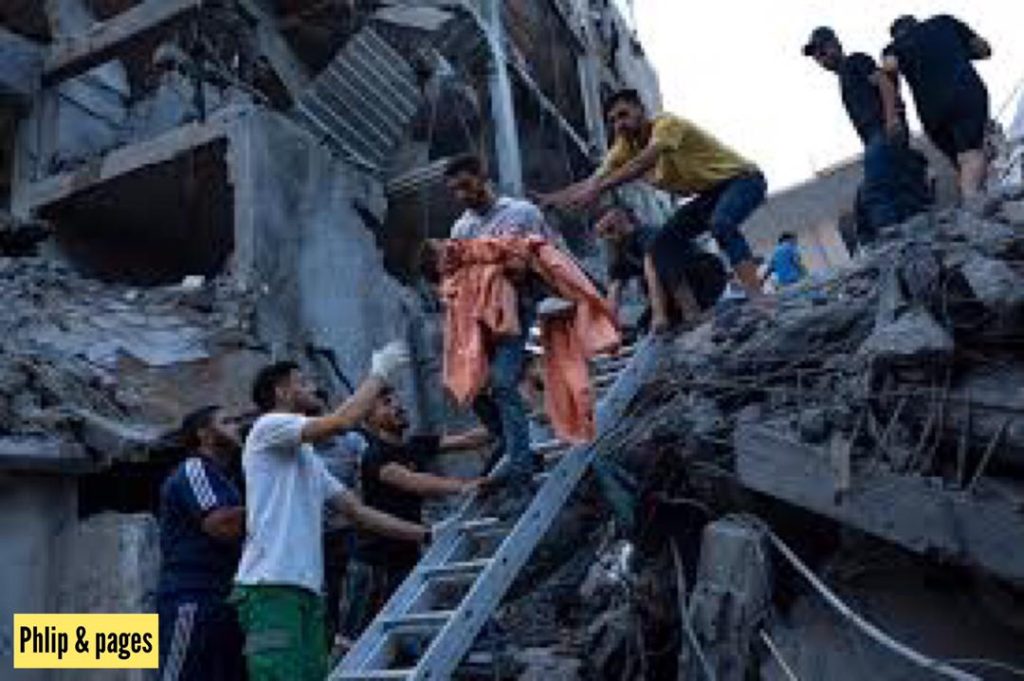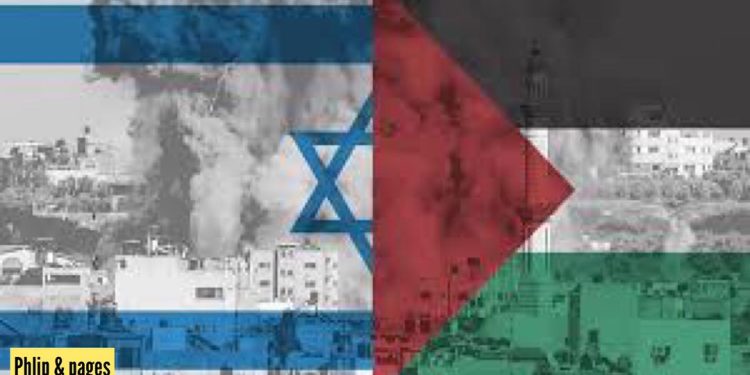The Israel-Palestine conflict is a complex struggle with historical, political, and religious dimensions. It has garnered global attention, causing suffering and ongoing tensions.
Historical Background

The Israel-Palestine conflict originated in the late 19th century with the emergence of Jewish and Arab nationalist movements in the region. The rise of Zionism, which aimed to establish a Jewish homeland, and the Arab opposition to it, escalated tensions. The UN partition plan in 1947 aimed to divide the land into separate Jewish and Arab states, but it faced resistance and violence.
Key Issues and Perspectives
The conflict revolves around several key issues, including borders, settlements, security, Jerusalem, and Palestinian refugees’ right to return. Israelis and Palestinians have deep historical and emotional ties to the land, making it challenging to find common ground. The Israeli perspective emphasizes security concerns and the need for a Jewish homeland, while Palestinians focus on self-determination and establishing an independent state.
Violence and Humanitarian Impact


Throughout the years, the conflict has resulted in numerous violent clashes, including wars, bombings, and acts of terrorism. These incidents have caused immense suffering on both sides, resulting in loss of life, displacement, and psychological scars.
International Involvement and Peace Efforts
Peace negotiations between Israel and Palestine have involved numerous international entities and countries. were a significant milestone, aiming to establish a framework for peace and a two-state solution. However, subsequent peace talks and agreements have faced challenges and have yet to yield a lasting resolution.
The Quest for Peace
Achieving a lasting peace in the region is a complex and multifaceted task. It requires addressing the legitimate aspirations and concerns of both Israelis and Palestinians, recognizing the rights of all parties involved, and finding a mutually acceptable solution. It also demands efforts to build trust, promote dialogue, and foster understanding between the communities.
Impact on Air Travel
The ongoing conflict has significantly affected airlines operating in the region. Delta Airlines, United Airlines, American Airlines, and British Airways have all made flight cancellations or suspensions to Tel Aviv due to safety concerns. In contrast, Israeli airlines El Al and Israir Airlines have added flights to assist in bringing military reservists back to the country.
Humanitarian Situation in Gaza
The United Nations Relief and Works Agency for Palestine Refugees in the Near East (UNRWA) has reported tragic loss of life and damage to their facilities in the densely populated Gaza Strip.
The U.S. The State Department has confirmed the deaths of at least 22 American citizens, with some held hostage by HamasPresident Joe Biden has expressed concern and provided updates regarding the missing Americans, but there is still limited information available.
Rising Death Toll in Gaza


Moreover, the conflict has caused over 5,339 injuries, including more than 1,200 children.

The ongoing Israel-Palestine conflict remains a grave concern, with significant impacts on various aspects of life, including air travel, the humanitarian situation, the well-being of citizens, and the rising death toll. Resolving this complex and deeply rooted conflict requires a commitment from all parties involved, international support, and a genuine desire for a fair and just solution.
















